Internet freedom continues to decline in Turkey, finds Freedom House report
Internet freedom continued to decline in Turkey, scoring 32 out of 100 in the “Freedom on the Net 2022” report published by Freedom House.
Duvar English
A new report published by Freedom House, a nonprofit organization founded to advance democracy and human rights, found that internet freedom has declined in Turkey once again.
Accordingly, Turkey scored 32 out of 100 in the “Freedom on the Net 2022” report, while it had scored 34 in 2021, 35 in 2020 and 37 in 2019. Any country scoring below 39 is considered “not free” in terms of internet freedom.
In its overview for Turkey, the report touched upon Turkey’s social media regulations which came into effect in October 2020. The report stated that thousands of people, including political figures, “faced criminal charges for their social media activities.”
“Self-censorship, the proliferation of progovernment outlets, and blocking of independent media websites has created a less diverse online space in Turkey,” the report noted.
The overview also included the developments that took place between June 2021 and May 2022 in Turkey. It mentioned that Turkish-language websites of Voice of America (VOA) and Deutsche Welle (DW) were blocked access for not applying for licenses upon Turkey's Radio and Television Supreme Council’s (RTÜK) request.
It also pointed out the latest "disinformation bill” which was presented by the ruling coalition of the Justice and Development Party (AKP) and Nationalist Movement Party (MHP), seeking up to three years in jail for those spreading so-called "disinformation" on the internet. It also mentioned the four-year and 11 month-long prison sentence against the main opposition Republican People’s Party (CHP) Istanbul chair Canan Kaftancıoğlu over one of her tweets.
"While Erdoğan continues to exert tremendous power in Turkish politics, opposition victories in 2019 municipal elections and the impact of the COVID-19 pandemic on the already shaky economy have given the government new incentives to suppress dissent and limit public discours," the report noted.
📣🖥️ NEW REPORT: The 12th edition of Freedom House’s #FreedomOnTheNet report is LIVE!https://t.co/MaJDVPPVQZ
— Freedom House (@freedomhouse) October 18, 2022
This year, FOTN explores how governments are breaking apart the global internet to assert their control over online spaces. Here are some key takeaways. ⬇️ (1/🧵)

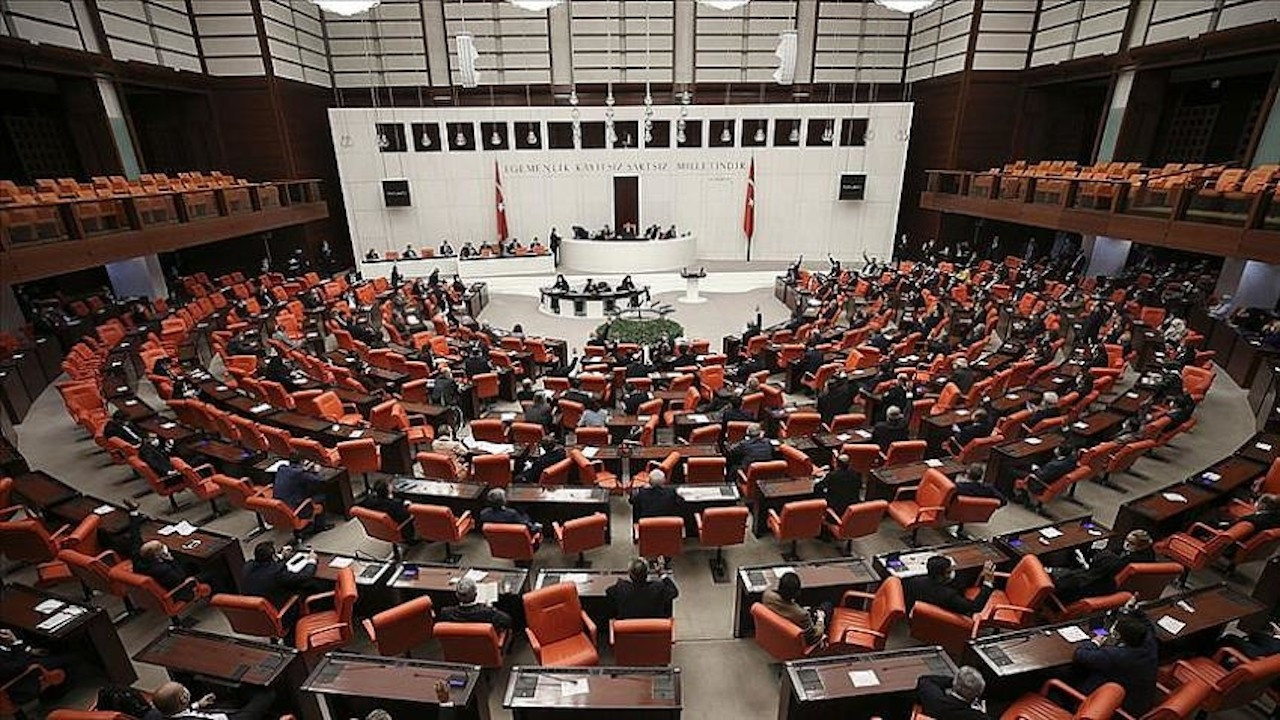 Turkish parliament passes 'disinformation law' tightening control on internet mediaMedia
Turkish parliament passes 'disinformation law' tightening control on internet mediaMedia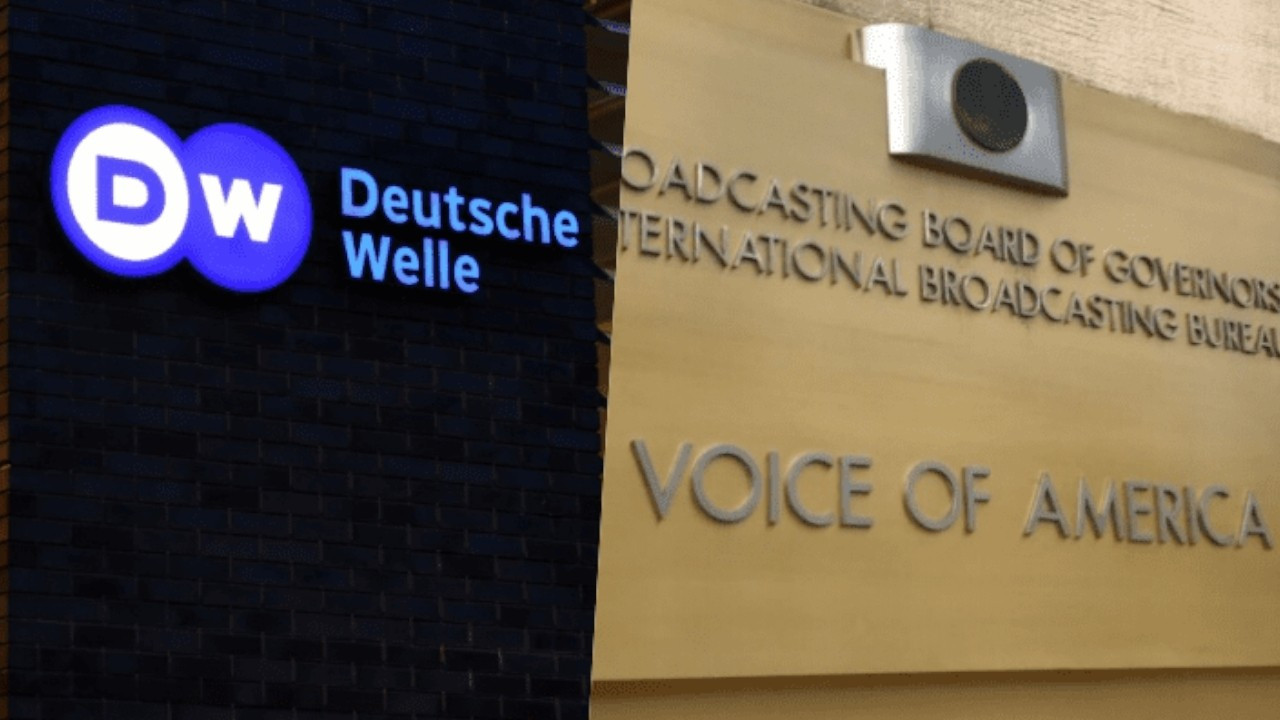 Turkish court blocks access to DW, VOAMedia
Turkish court blocks access to DW, VOAMedia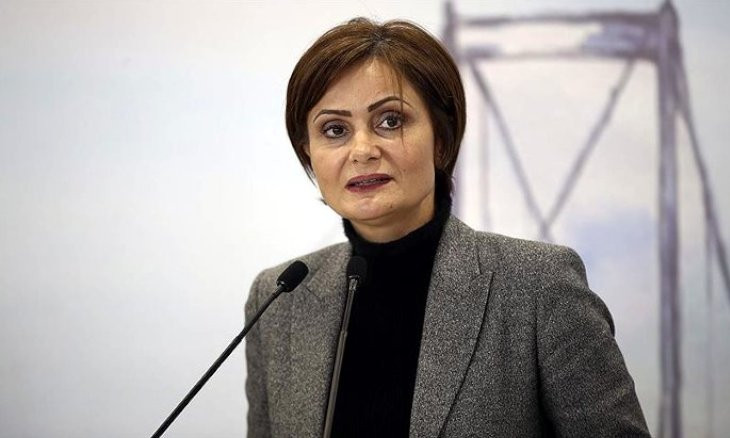 Top Turkish appeals court upholds jail sentence against CHP Istanbul chair Canan KaftancıoğluPolitics
Top Turkish appeals court upholds jail sentence against CHP Istanbul chair Canan KaftancıoğluPolitics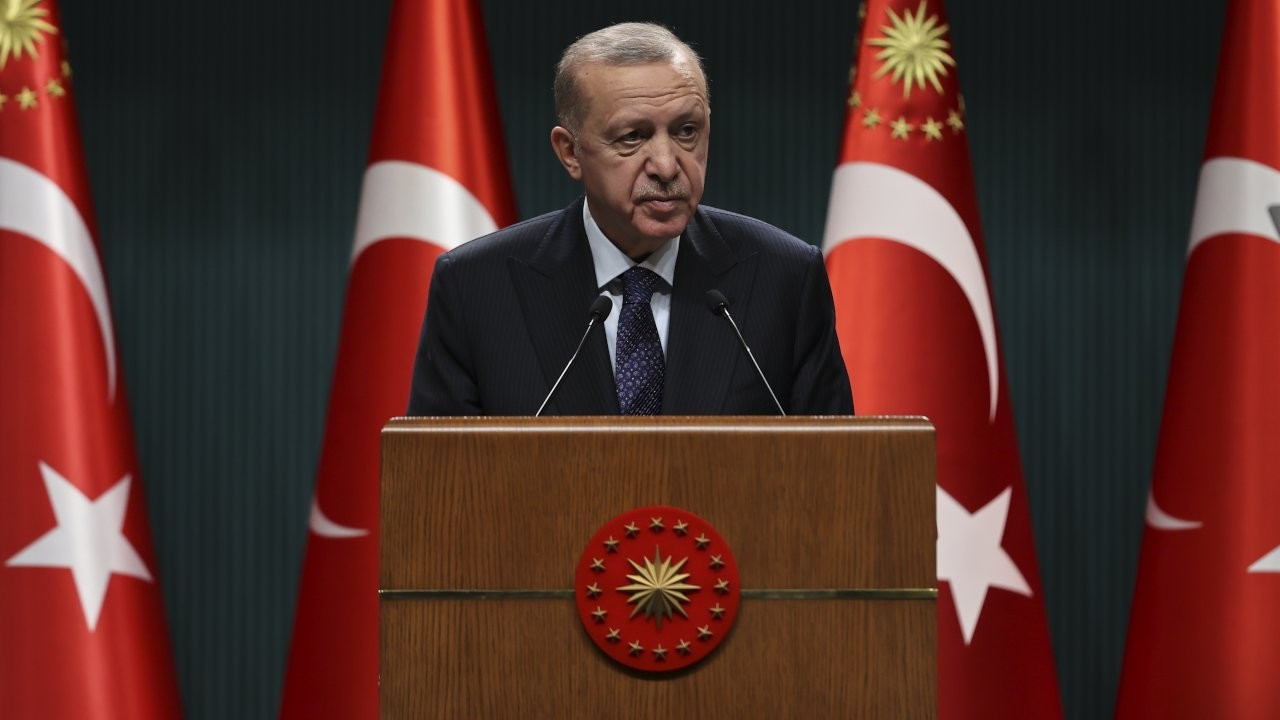 Erdoğan deems social media a 'threat to democracy'Politics
Erdoğan deems social media a 'threat to democracy'Politics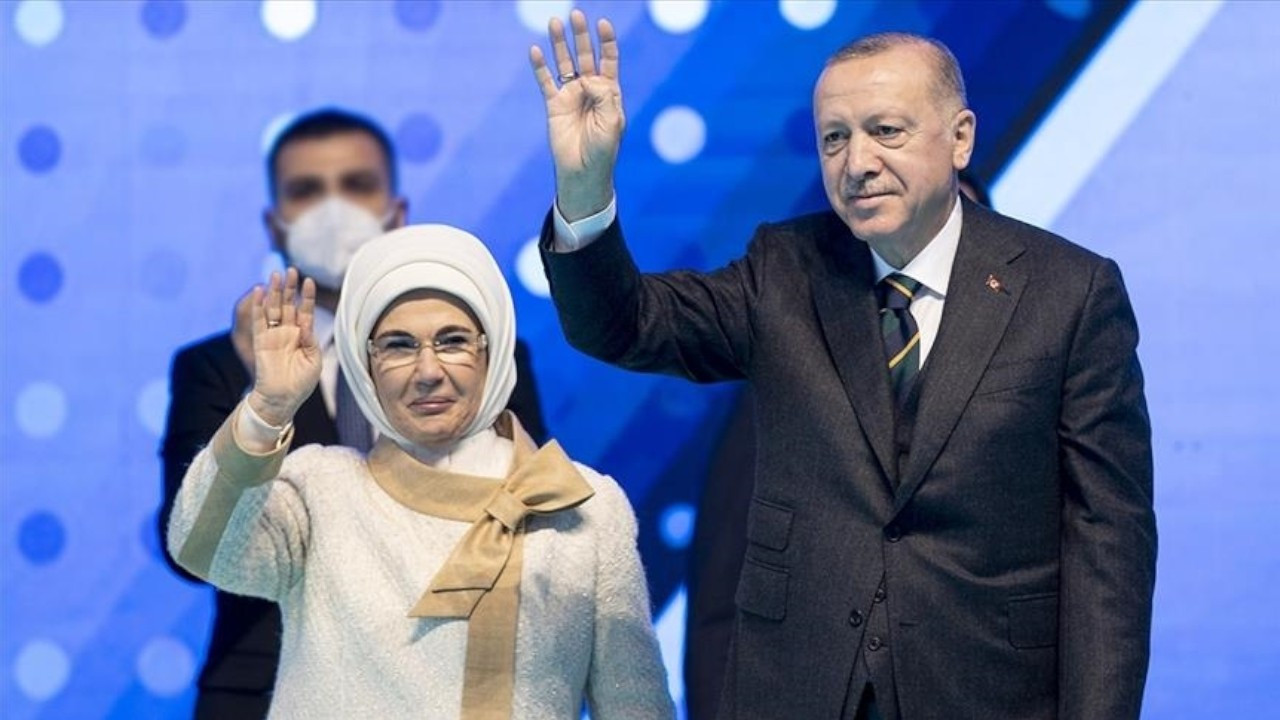 Turkish court puts citizen under house arrest over social post about Erdoğan's Omicron diagnosisPolitics
Turkish court puts citizen under house arrest over social post about Erdoğan's Omicron diagnosisPolitics